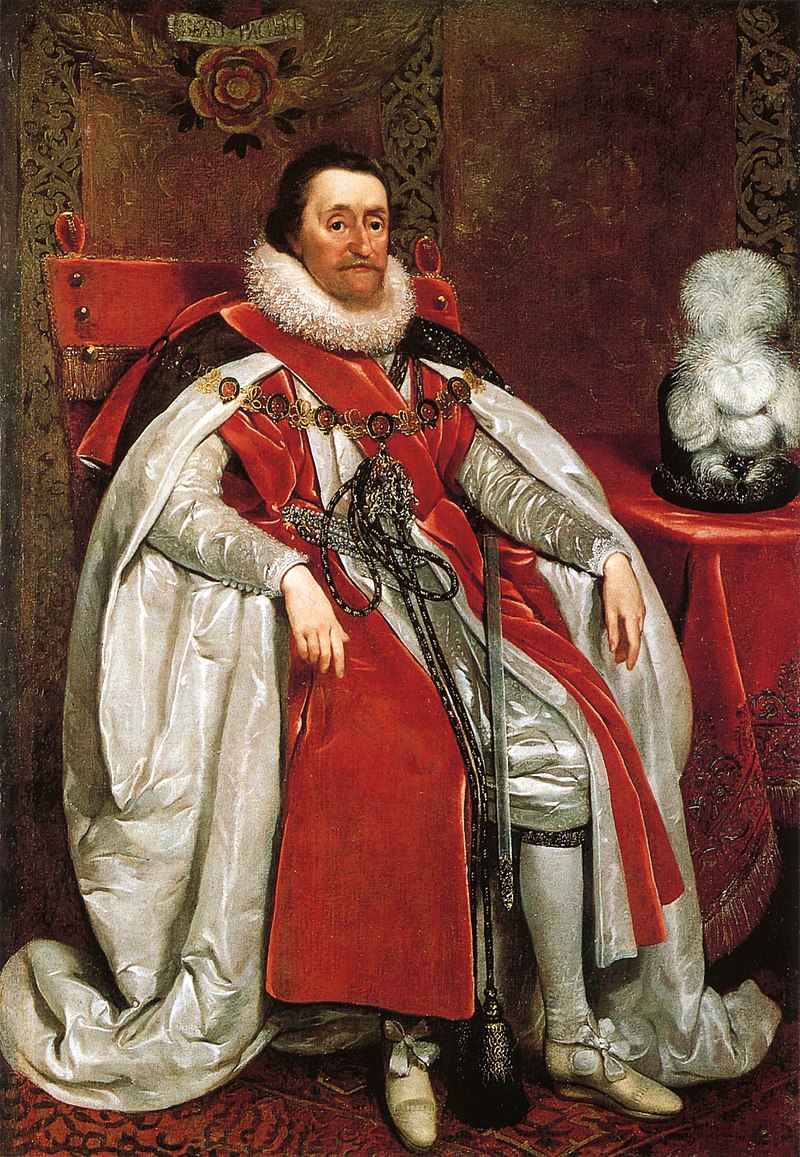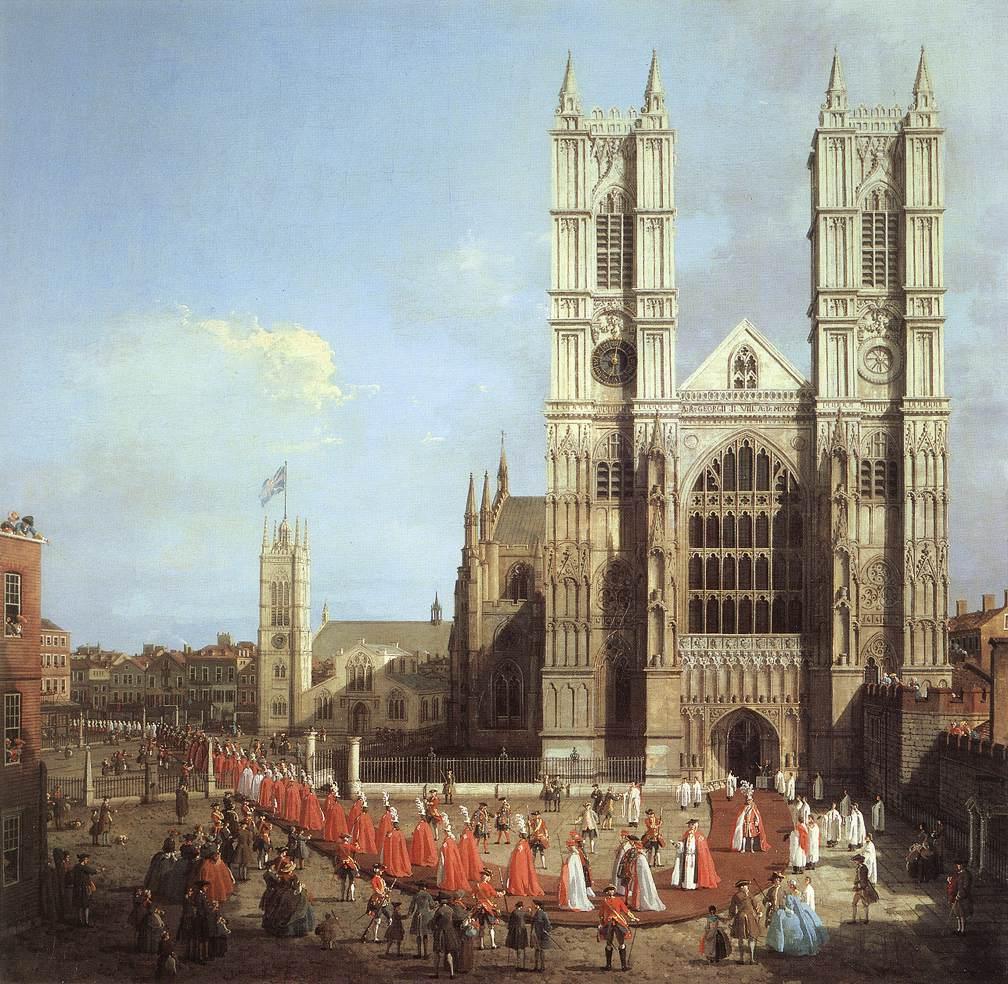
When we consider the historical figure of **King James I**, our minds frequently gravitate toward the **King James Bible**, a monumental contribution to English literature and religious practice. However, the reign of James I was characterized by a multitude of significant events and complexities that extended far beyond his religious endeavors. His tumultuous relationship with **Parliament** was fraught with conflict, as he often struggled to balance his royal prerogatives with the demands of the legislative body. Additionally, his extravagant spending habits led to financial strains on the crown, further complicating his rule. James I’s reign was a captivating blend of political intrigue, personal drama, and cultural achievements. From his efforts to unify England and Scotland to his patronage of the arts, his legacy is rich and multifaceted. Let us explore the life and times of this intriguing monarch, delving into the various aspects that defined his rule and shaped the course of British history.
Early Life: The Making of a King

Birth and Background
James was born on **June 19, 1566**, within the formidable walls of **Edinburgh Castle**, marking the beginning of a life that would be both extraordinary and fraught with challenges. He was the only son of **Mary, Queen of Scots**, a woman whose own life was marked by political intrigue and personal tragedy. Tragically, James’s father passed away just months after his birth, leaving a significant void in his early life. This tumultuous start not only shaped his childhood but also set the stage for a future filled with political complexities and personal struggles as he navigated the treacherous waters of royal expectations and responsibilities.
Ascension to the Throne
Remarkably, at the tender age of just **one year**, James ascended to the throne of Scotland, taking on the title of **James VI**. His mother’s abdication thrust him into a position of power that he was far too young to comprehend fully. As a result, he was placed under the guardianship of regents who would govern on his behalf. This early experience of being a monarch, albeit in name only, profoundly influenced his understanding of authority, governance, and the intricate dynamics of political power that would later define his reign.
Education and Influences
James’s education was both rigorous and comprehensive, encompassing a wide range of subjects including **Greek**, **Latin**, and **French**. His tutors, particularly the renowned scholar **George Buchanan**, played a pivotal role in shaping his intellectual development. Under their guidance, James developed a profound appreciation for literature and a keen interest in political theory. This solid educational foundation would later inform his views on **royal absolutism**, as he sought to consolidate power and navigate the complexities of ruling both Scotland and, eventually, England. The knowledge he acquired during these formative years would prove invaluable as he faced the myriad challenges of kingship.
Becoming King of England

The Union of Crowns
In the year **1603**, the death of **Queen Elizabeth I** ushered in a new era for England as James, previously the King of Scotland, ascended to the English throne, taking on the title of **James I**. This pivotal moment in British history marked the first occasion when both Scotland and England were governed by a single monarch, setting the stage for future political developments and the eventual unification of the two nations. The Union of Crowns symbolized not only a shift in leadership but also the potential for a more cohesive British identity.
Initial Popularity and Challenges
At first, James was greeted with enthusiasm and optimism by the English populace, who were eager for a new ruler after the long reign of Elizabeth. However, his **Scottish origins** and notably thick accent soon became sources of friction. Many English subjects perceived him as an outsider, which complicated his attempts to foster unity between the two kingdoms. This perception of him as a foreign king created challenges in his governance, as he struggled to gain the trust and acceptance of his new subjects while trying to bridge the cultural and political divides that existed between England and Scotland.
Political Decisions: A Controversial Reign

Relationship with Parliament
The relationship between King James I and Parliament was fraught with difficulties and misunderstandings, characterized by a series of conflicts and growing tensions. Between the years of **1612 and 1622**, James summoned Parliament only a single time, which contributed to a sense of estrangement between the monarchy and the legislative body. His attempts to impose taxes without seeking the consent of Parliament only deepened the rift, leading to increasing frustration among the political elite and diminishing his authority. This disregard for parliamentary approval was seen as a direct challenge to the established norms of governance, further alienating him from the political establishment.
The Great Contract
In **1610**, King James I introduced the ambitious proposal known as the **Great Contract**. This initiative aimed to reform the financial relationship between the monarchy and Parliament by exchanging the king’s feudal revenues for a guaranteed fixed annual sum provided by Parliament. However, the proposal ultimately failed to gain the necessary support, marking a significant turning point in James’s reign and highlighting the difficulties he faced in managing his relationship with Parliament.
Lavish Spending and Financial Strain
James I’s extravagant lifestyle placed considerable strain on the royal finances, leading to a precarious economic situation for the crown. His lavish expenditures, coupled with his fondness for certain favorites, particularly **George Villiers**, sparked widespread accusations of corruption and favoritism. These allegations not only damaged his reputation but also alienated him from many members of the nobility, who viewed his spending habits and favoritism as detrimental to the interests of the kingdom. As a result, James’s financial mismanagement and personal choices contributed to a growing sense of discontent among the ruling class, further complicating his already tumultuous relationship with Parliament.
Religious Policies: A Balancing Act

Religious Tensions in England
James’s reign was marked by religious strife. Although he had been raised a **Presbyterian**, he faced pressure from both **Puritans** and **Catholics**. His attempts to maintain a balance often left both sides dissatisfied.
The Gunpowder Plot
The **Gunpowder Plot** of **1605** was a significant event that tested James’s resolve. Following this failed assassination attempt, he intensified the suppression of Catholics, which further alienated a significant portion of his subjects.
Personal Life: The Man Behind the Crown

Favourites and Controversies
James’s close relationships with his **favourites** often sparked controversy. His affection for men like **Robert Carr** and **George Villiers** led to speculation about his sexuality, which was a source of gossip and scandal at the time.
Marriage and Family
In **1589**, James married **Anne of Denmark**, and together they had several children, including **Prince Henry** and **Charles**, who would later become **Charles I**. His family life was often overshadowed by his political struggles.
Legacy: The End of an Era

Death and Succession
James I died on **March 27, 1625**, at **Theobalds**, leaving behind a mixed legacy. His reign was marked by both cultural achievements, like the **King James Bible**, and significant political challenges that would shape the future of England.
Impact on Future Monarchs
James’s belief in **royal absolutism** set the stage for future conflicts between the monarchy and Parliament, culminating in the **English Civil War**. His son, **Charles I**, would face the consequences of these unresolved tensions.

King James I was a monarch of contradictions. His reign was a blend of cultural achievements and political missteps, leaving a legacy that continues to be debated by historians today. Whether viewed as a visionary or a failure, his impact on British history is undeniable.
Table: Key Events in the Reign of King James I

| Year | Event |
|---|---|
| 1566 | Birth of James I |
| 1603 | James becomes King of England |
| 1605 | The Gunpowder Plot |
| 1611 | Publication of the King James Bible |
| 1625 | Death of James I |

